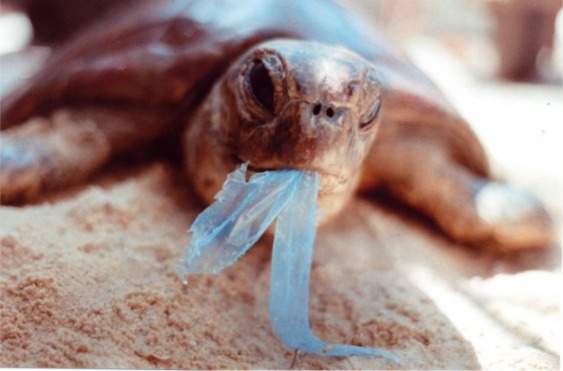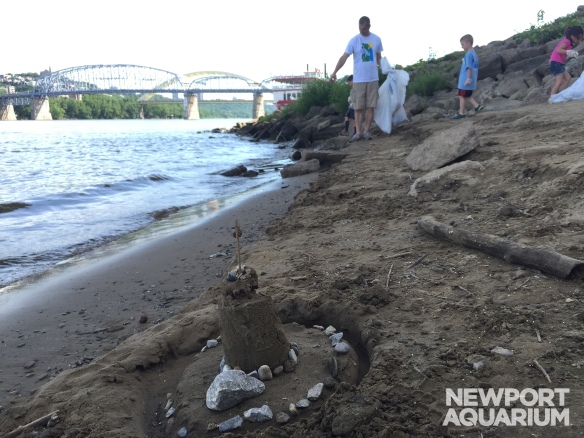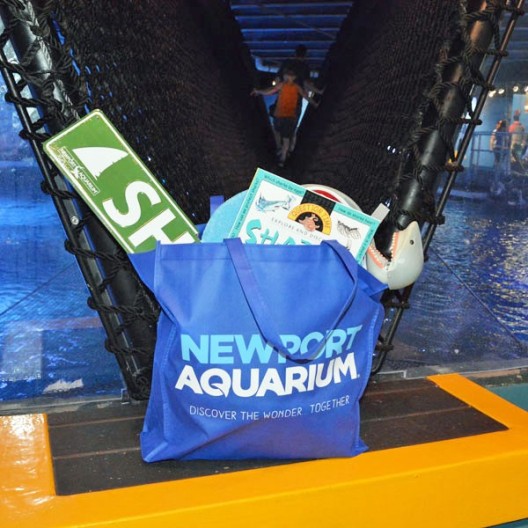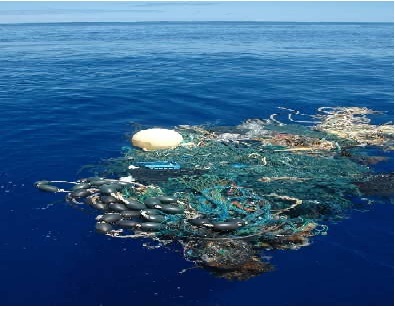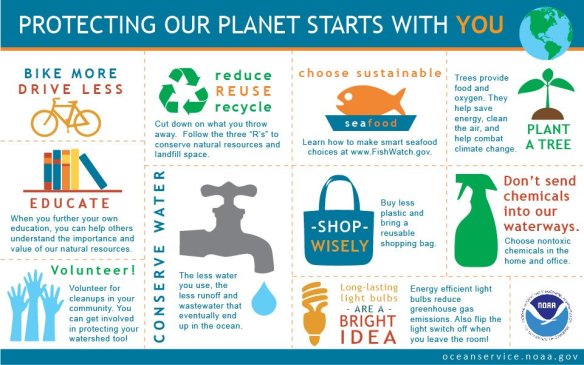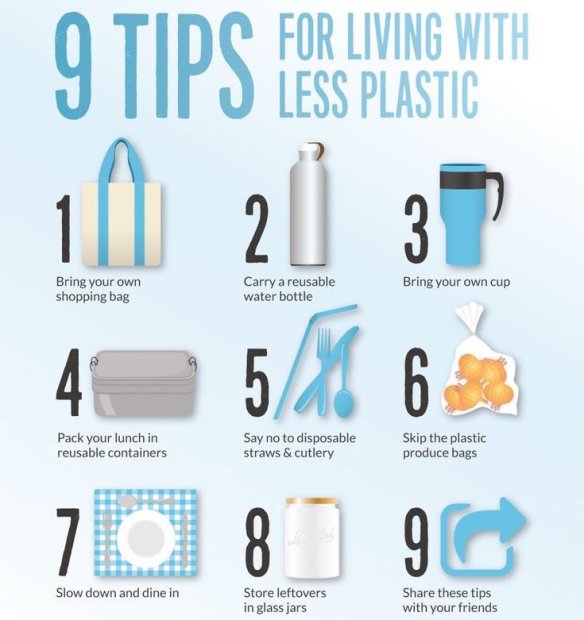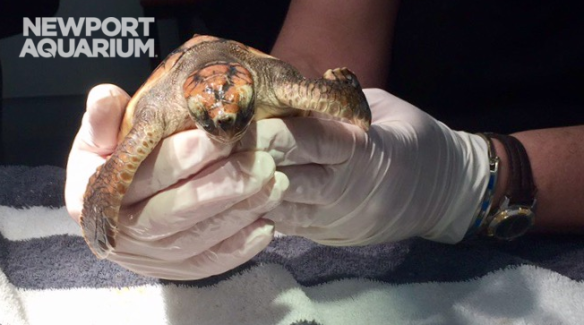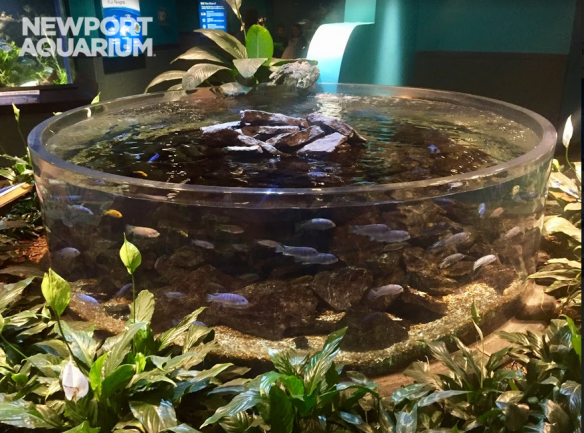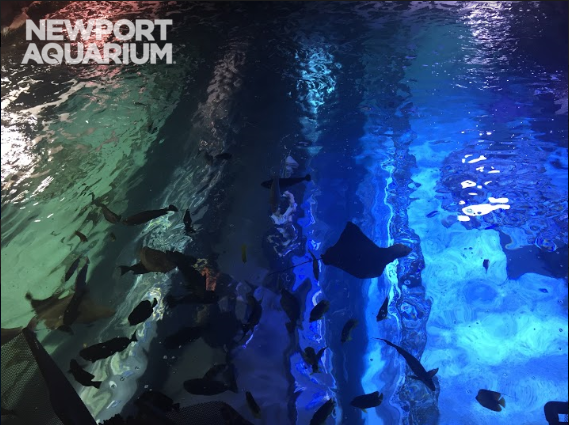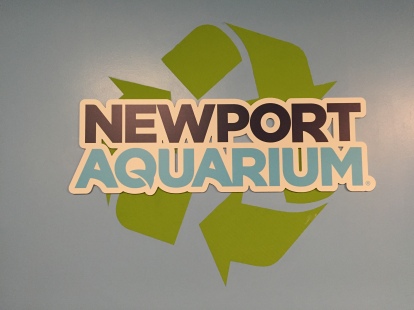Meet two young conservationists on a mission to make a difference and save our oceans! Gracie and Connor are saving sea turtles one straw at a time. They kicked off a campaign, and thanks to WAVE Foundation, they’re selling raffle tickets and metal straws to encourage people to reduce their use of single use plastics like plastic straws.
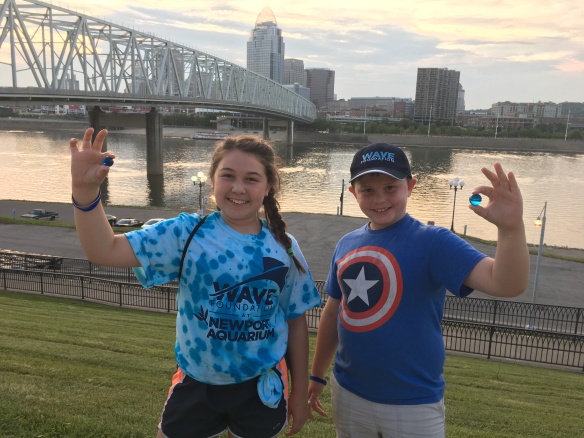
Marine biologist Dr. Wallace J Nichols initiated the Blue Marbles Project and set out to pass a blue marble through every person’s hand on earth, with a simple message of gratitude along with it Since that time blue marbles have been shared around the world with millions of people in celebration of our beautiful, fragile, planet, carrying the simple and clear message that #WaterIsLife.
12-year-old Gracie and 9-year-old Connor were both inspired by their parents who work at Newport Aquarium and WAVE Foundation. They both have attended Camp WAVE and have practically “grown up” with WAVE Foundation’s education program at summer camp.
Read part of a letter Gracie and Connor wrote, to bring awareness and create a call to action:
My name is Gracie Greber. I have grown up around marine animals my whole life. I have always loved and appreciated that they are here for a reason. I have also realized that a lot of trash goes into our ocean, and our water ways; the environment that they live in. Now a lot of the trash the animals think is food so they eat it, or it gets into their body somehow and hurts them. Last year my mom and I came across this video on Facebook, it was a sea turtle with a straw stuck in its nose. I always knew that plastic bags affected them, but not a straw. Every time I went out to eat after that I thought about the video, and how I could help prevent this from happening to sea turtles and other animals too. I had this idea that what if I got people to raise money for the sea turtles and donate to a foundation of some sort.
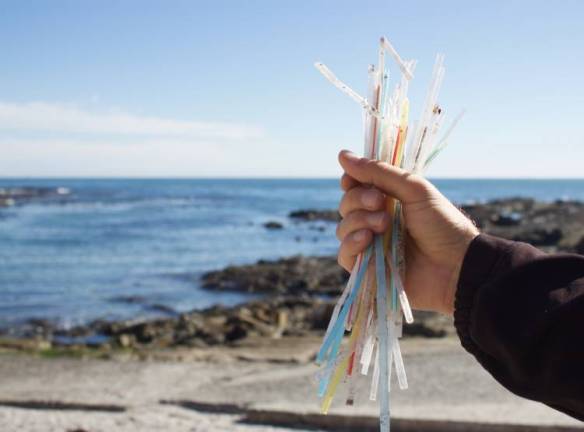
Now every kid probably thinks selling their best toys or setting up a lemonade stand will raise enough money to help this. But I had a different idea. I thought that if I could sell a raffle ticket for a basket with sea turtle related things in it to raise money for this project. I was thinking that if every raffle ticket I sell the person who bought it would get a reusable metal straw and a cleaner brush to go with it.
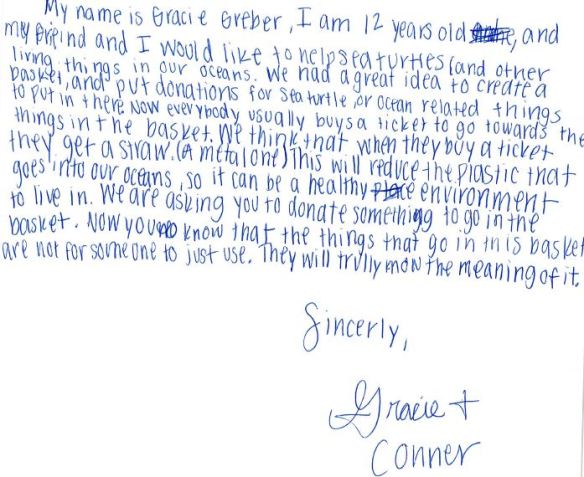
I am also being joined by Connor in this mission to save our oceans. We will be located at the Crop for Conservation Jan. 26, 27, 28. The drawing for the raffle on Sunday Jan. 28.
Thank you helping me reach our goal in this project.
Sincerely,
Gracie and Connor

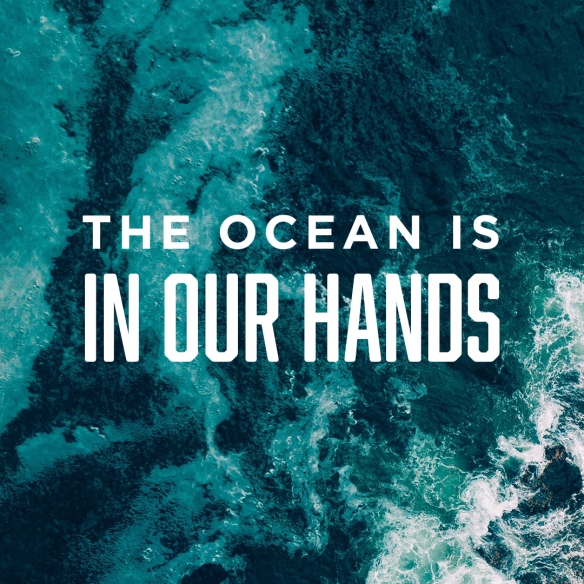

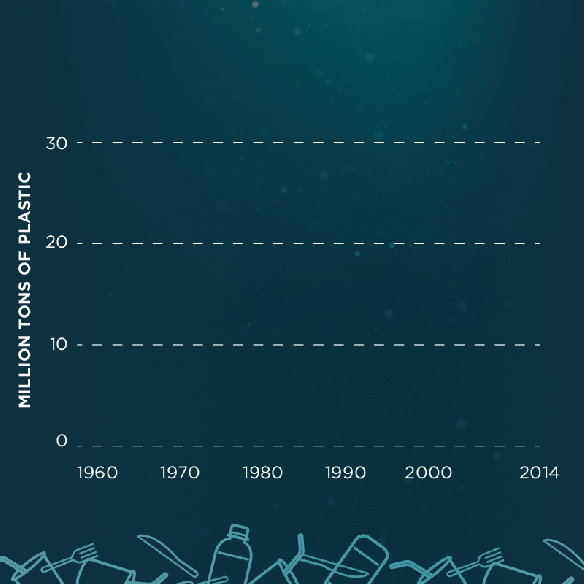
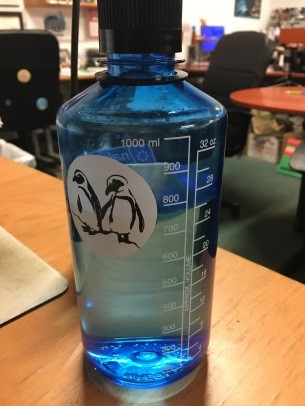
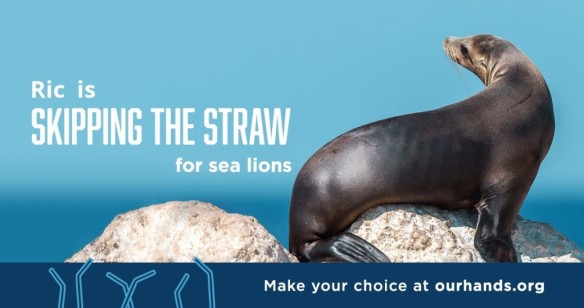
 About Ric: Ric has more than 30 years experience working in AZA-accredited institutions. He will be presenting in two sessions at the upcoming 2017 AZA Annual Conference:
About Ric: Ric has more than 30 years experience working in AZA-accredited institutions. He will be presenting in two sessions at the upcoming 2017 AZA Annual Conference: 